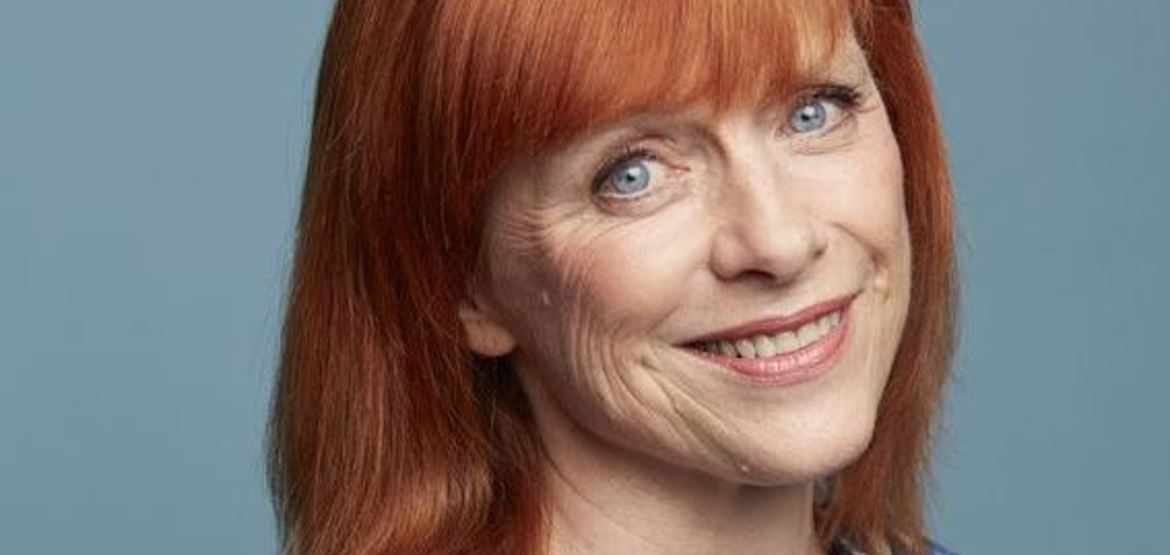Living through lockdown: Dr Sarah Jarvis on the impact of drinking in front of children
Dr Sarah Jarvis on the impact of drinking in front of our children during lockdown.

Living through lockdown presents lots of challenges for us all. Parents may find themselves spending a lot more time with their children, and perhaps drinking a little more than they usually would. So when it comes to having a drink at home, what impact does drinking alcohol have on our children?
Dr Sarah Jarvis, GP and medical advisor to Drinkaware, writes:
“Drinking alcohol during childhood can have a serious effect on a child’s development, causing a range of health and social problems. Drinkaware’s research suggests a strong link between the frequency of young people’s underage drinking and their exposure to drinking at home. So it’s clear that parents play a crucial role in making sure their children develop a healthy relationship with alcohol.”
The UK Chief Medical Officers (CMO) recommend an alcohol-free childhood. The law on alcohol and young people is different across the United Kingdom.
“Evidence shows that young people who start drinking at an early age drink more, and more frequently, than those who delay their first alcoholic drink, so it is important that parents try to delay their child’s first drink as much as they can.
“Experts advise that parents shouldn’t try to de-mystify alcohol by allowing children to try it, especially around special occasions like Christmas. Instead, they can talk openly and honestly about alcohol with their children, highlighting the effect excessive drinking can have on your health.
“With tens of thousands of young people needing treatment every year in A&E departments because of alcohol, getting parents talking to their children in this way is the first step towards bringing these numbers down.
Know the risks of underage drinking
“In my experience, what conveys the stark realities of alcohol misuse to parents is to talk frankly about the effects that drinking from a young age has on their child’s health.
“But what will strike a chord with young people is hearing about the short-term effects and dangers of drinking. Alcohol can be poisonous to anyone who drinks too much in a short space of time but children are especially vulnerable because of their smaller size. The serious health effects of alcohol on children can be seen when their blood alcohol levels get too high. This can cause their brain to stop controlling the body’s vital functions and, in the worst case scenario, they could stop breathing, fall into a coma or choke on their own vomit.
“You may feel awkward talking to your child about drinking alcohol if they know you drink it. This is a particular issue for a teenager who may feel they should be treated as an adult. However, it may be helpful if you explain to them that even though they’re grown up in many respects, their brains are still developing. This means that their brain is likely to be more susceptible to the effects of drinking, particularly in terms of their ability to concentrate and study. That means the ‘rules’ that apply to adults don’t necessarily apply to them.
“Knowing about the impact on their concentration and ability to learn can also strike a chord with young people. Drinking to excess can also affect their future prospects through social media. More than half of young people have untagged themselves in online pictures when they were drunk and in embarrassing positions – these pictures are out there forever for their potential future employers to see.
“By making your child aware of the impact of drinking on their body, you can help to give them the confidence to make more informed and healthy choices about alcohol as they get older.”

Dr Sarah Jarvis
Dr Sarah Jarvis is a member of Drinkaware's independent Medical Advisory Panel. She is a practicing GP in inner city London and a Fellow of the Royal College of General Practitioners. Through her media work Dr Jarvis has brought mass attention to public health issues in her role as health reporter for the BBC's The One Show and is a regular contributor to The Jeremy Vine Show on BBC Radio 2. Follow Dr Jarvis on Twitter @DrSarahJarvis.